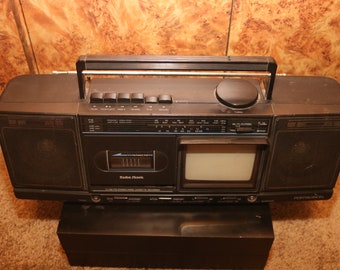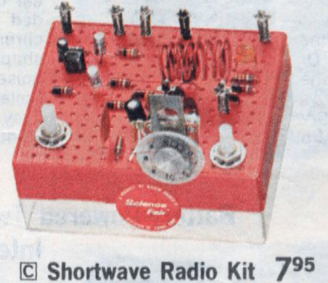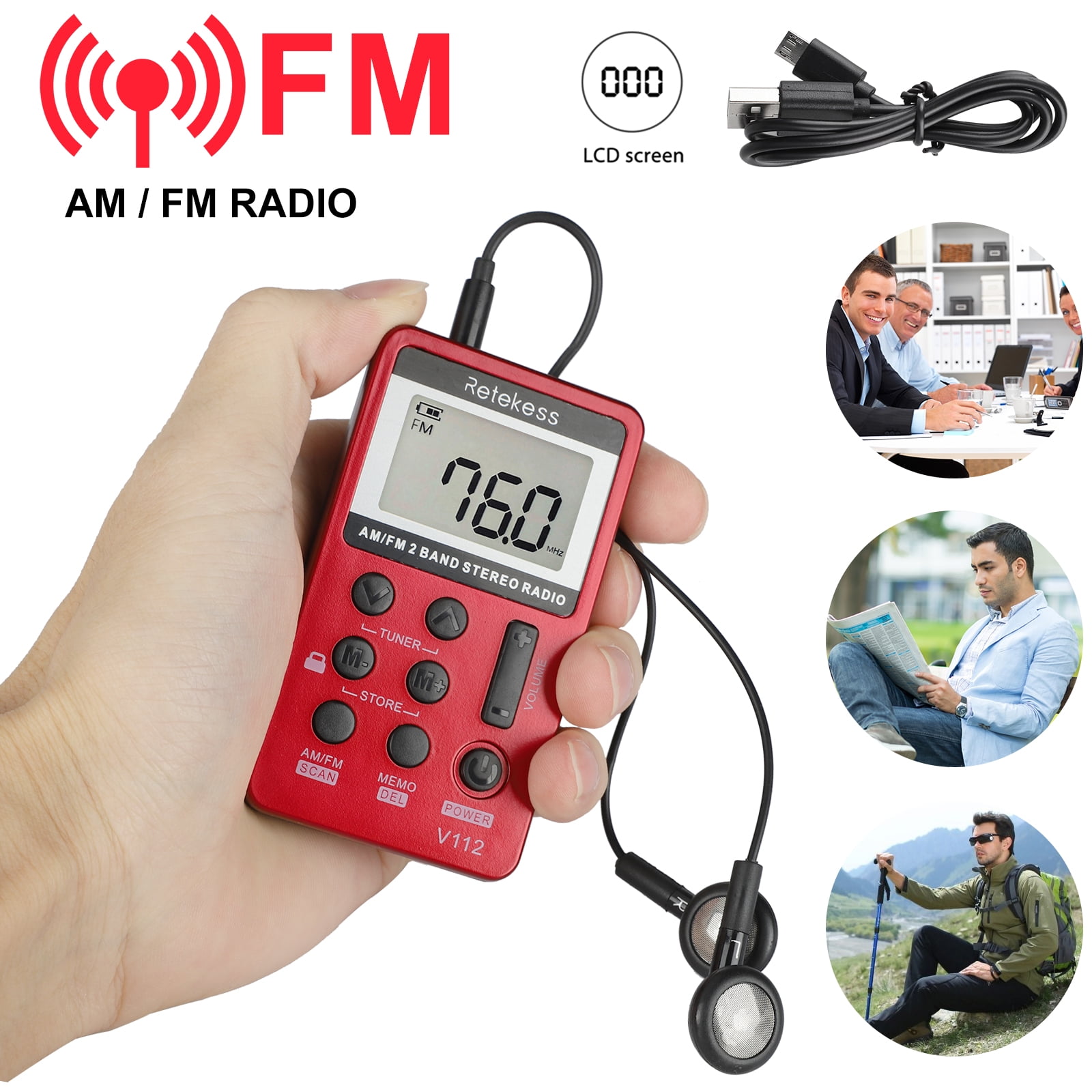


The following suggestions are in a decreasing order of preference. A good-quality receiver may be the answer as well check out the "narrow band" feature of better receivers described below. As above, a directional antenna pointed at the desired station may help. Is an unwanted station (or "pieces" of its program) interfering much of the time? A strong station on a nearby channel may be "splattering" onto the desired station.A directional outdoor antenna, pointed toward the desired station (and away from the other station) may help. When the desired station fades, does another (unwanted) station take its place, or is the channel empty (except for normal "static" and distant weak signals)? If another station on the same channel is coming in almost as strongly as the desired station, your receiver-antenna combination may be having trouble choosing one over the other.Some newer receivers have features that help in reducing the effects of multipath. Severe multipath may be minimized by a carefully aimed outdoor antenna. Experimentation with a "positionable" indoor antenna may cure this problem. Do you almost always hear the desired station, but it's distorted much of the time? Does the audio improve markedly when the receiver is switched to "mono"? This is a classic description of multipath (see definition above).If, on the other hand, you get nearly no reception at all no matter what you try, proceed with caution a fancy new antenna may be an expensive, but futile, experiment.Ĭareful tuning and listening are important in determining the type of reception problem you have: Or, if you can get the station on your car radio while in the driveway or garage, this is also a good omen. If you can get at least a fuzzy, but listenable signal in any room, chances are good that a rooftop antenna (or even a good indoor antenna) may yield very good results.
Clock beat amplifier radio shack portable#
To help predict your chances of success, try the following: carry a good, trusted portable radio (with its telescoping antenna fully extended) from room to room, listening to the station of interest. It can be particularly disheartening to spend time and money on a fancy new radio, only to find no real improvement. Before spending money on elaborate equipment and antennas, a certain amount of experimentation would be prudent. Predicting local FM reception quality is far from an exact science. Local interference: Interference from other sources such as two-way radios, Citizens' Band operators, and static buzz from appliances and power poles. Strong local station: Pieces of another station's sound splattering over the desired station. The hiss is nearly eliminated when switched to mono.

Weak Signal: A relatively clear but "hissy" stereo sound, perhaps with some slow fading. Multipath can occur even in strong signal areas.
Clock beat amplifier radio shack tv#
Multipath is the most common source of problems, and is caused by signal reflections from buildings, mountains, trees, etc., just like the "ghosts" in TV reception (before cable). Multipath: Static, noisy, distorted stereo sound, especially when music is playing, that greatly improves when switched to mono. These tips are designed to help you identify the cause of reception problems, choose solutions, and, finally, enjoy great music, regardless of format! Optimizing reception therefore becomes paramount when listening to classical music. The natural sound of classical music tends to reveal every little reception flaw, while the audio of loud stations masks many ills. A special case for classical stations is that they tend to adjust their audio for a more "natural" sound, as opposed to more "aggressive" stations which adjust their sound to be as loud as possible at all times. Most of these areas are not a result of a technical deficiency at the station rather, local topography, including hills, buildings, trees, etc., is usually the culprit. (with help and print references from Marc Wielage, CompuServe CEAudio Forum)Įvery radio and TV station has areas of less-than-wonderful reception. By Jim Perry, Greater Philadelphia Radio Group Engineering Staff


 0 kommentar(er)
0 kommentar(er)
